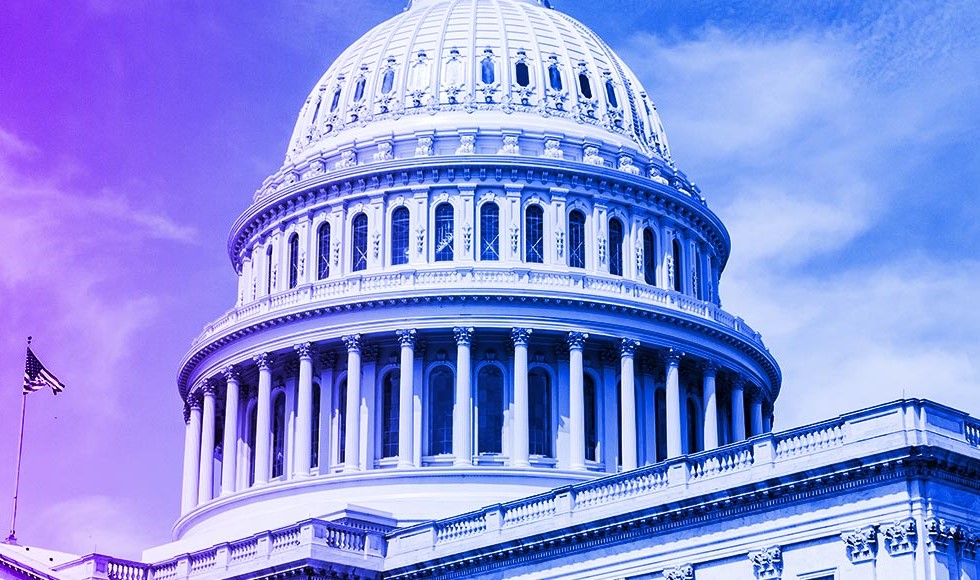Private enterprise and family office tax provisions in “One Big Beautiful Bill”
KPMG analysis and observations

KPMG Private - Tax Insights
Stay current on the changing landscape to help achieve tax efficiency for private businesses and family offices
The House of Representatives on May 22, 2025, passed H.R. 1, the budget reconciliation bill known as the “One Big Beautiful Bill” (read TaxNewsFlash). On July 1, 2025, the Senate passed its version of H.R. 1 (Senate bill), which made various amendments to the bill, including changes to the tax subtitle that was included in the House bill (read TaxNewsFlash). On July 3, 2025, the House passed the Senate bill without amendment, and the One Big Beautiful Bill Act (OBBBA or "the Act") was signed into law by President Trump on July 4, 2025.
The Joint Committee on Taxation (JCT) has provided a number of documents estimating the revenue effects of the various versions of the bill:
- JCX-26-25R, which estimates the revenue effects of the provisions of the bill as passed by the House on May 22, 2025
- JCX-35-25, which wstimates the Senate-approved bill using a present law baseline (the same baseline used for the estimates for the House bill provided above) that assumes that tax provisions of current law expire according to their terms
- JCX-34-25, which estimates the Senate-approved bill using a “current policy baseline” as adopted by the Senate, which assumes that tax policies currently in effect (such as the lower Tax Cuts and Jobs Act (TCJA) individual tax rates) are permanent and therefore extending those provisions has no revenue effect
Both the House and Senate bills would generally make permanent the tax provisions of the TCJA. Both bills also would temporarily provide for tax benefits promised by the president for tip income, overtime pay, and auto loan interest, and introduce a host of revenue-raising provisions. However, the Senate bill differs from the House bill in several ways, as described below.
Among the important business provisions of the Senate bill are provisions that would:
- Reinstate and make permanent expensing of R&D costs, the higher EBITDA cap on the deduction for interest, and 100% bonus depreciation (the House bill would only extend these provisions for five years)
- Make permanent the section 199A deduction for passthrough business income (but at the current 20%rate instead of the higher 23% rate of the House bill)
- Renew and reform the Opportunity Zone program
- Add a 100% first-year depreciation deduction for real property used in a production activity (the House bill included a similar proposal)
Note that the House bill included a proposed retaliatory tax on certain foreign corporations under new section 899 that was removed in the Senate bill following the announcement of an agreement with the other G7 countries regarding the tax (read TaxNewsFlash).
The Senate bill also includes revenue-raising provisions that would:
- Repeal or phase out energy tax credits created by the Inflation Reduction Act (IRA) (though in some cases extending the credits further than the House bill)
- Make extensive reforms to the U.S. international tax regime, including to foreign-derived deduction eligible income (FDDEI), global intangible low-taxed income (GILT), and the base erosion anti-abuse tax (BEAT), and permanently extend the CFC look-through rule of 954(c)(6)
- Temporarily increase the $10,000 cap on the state and local tax (SALT) deduction to $40,000, with no significant changes to the treatment of passthrough entity taxes
- Impose a 1% tax on remittances to a recipient outside the United States (would have been 3.5% under the House bill)
- Increase taxes on college endowments (but at lower rates than those of the House bill and omitting a provision on private foundations)
- Bar the IRS from making payment on certain employee retention credit claims filed after January 31, 2024
This report includes initial analysis and observations regarding certain tax provisions (non-exhaustive) in the Act which are most likely to be important to private enterprises, high income / high wealth individuals, and family offices. This is one of a series of detailed reports that KPMG has prepared on the bill, which can all be found here.
Dive into our thinking:
Private enterprise and family office tax provisions in “One Big Beautiful Bill”
KPMG analysis and observations.
Download PDFExplore more

Tax Policy Trifecta
Stay informed about potentially significant changes to the U.S. tax landscape in 2025 and beyond. You'll find resources below about proposed and enacted legislation that can help you follow the direction of tax developments in Washington.

Family Office Insights
Through a series of articles, KPMG LLP will explore the many facets of tax that can potentially affect the creation, growth, and prosperity of family offices and private businesses.

Family Office Fridays
KPMG TaxWatch webcast series on-demand
Meet the team
We look forward to understanding how we can best support you.

KPMG Private – Tax Insights
Provides privately-owned businesses and family offices with insights on the evolving business and legislative environment to help achieve tax efficiency.